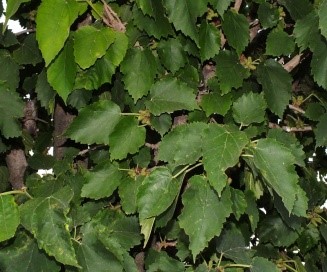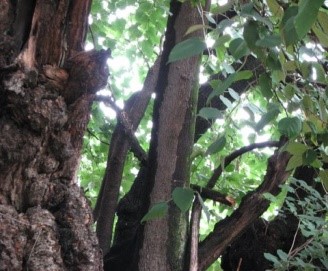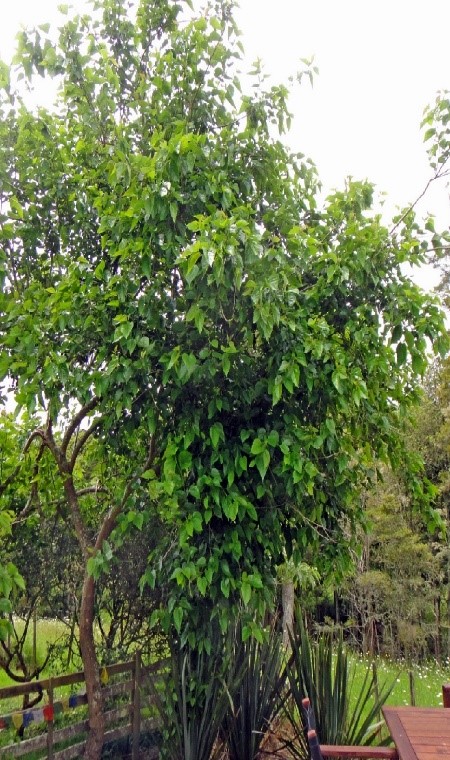Trees
Morus serrata Roxb.
Morus serrata Roxb.
Description :
This plant is a small deciduous tree growing to up to 15 to 20m tall.
Bark of the trunk is smooth when it is young and scaly when it is older with
reddish to grey, brown in colour. The leaves are 8 to15 cm long and 5 to 10cm
wide and there are densely hairy veins are present on underneath, with the
upper surface hairless. The edible fruit is a 2 to5 cm long compound cluster of
several small drupes fully ripe fruit is red in colour. These plants have brittle
roots and so they are needed to be handled with extreme care when planting them
out, because mulberries bleed severely when cut.
Distribution :
The tree thrives in Himalayan regions of Pakistan, western India, Nepal,
and China. Its habitat is Forest and shrubby area, at height from 1200-3000m.
It favours sunny position in a warm well-drained loamy soil.
Uses :
It has both edible and medicinal uses. The
fruit can be eaten as raw as it has very good taste. The juice of the fruit can
be used to make special medicine that remove parasitic worms and other internal
parasites from the body. The tree is frequently cultivated for shade near
temples or houses. It is lopped for fodder. The leaves are used for feeding
silkworms. The juice of the root is used as an anthelmintic. The fruit is used
in the treatment of coughs and throat irritations. The hard tough timber is
used for furniture and carving, toys, troughs and agricultural implements.
(Tikader
and Dandin, 2005)



